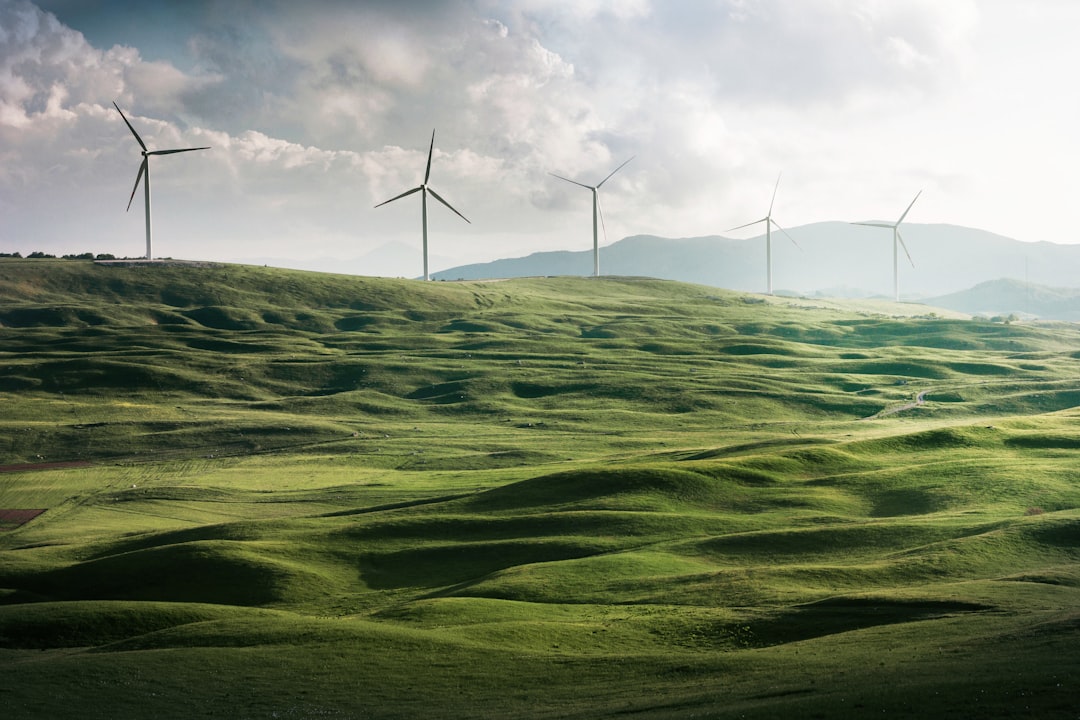What is it about?
We focused on understanding the effects of DOC runoff from soils amended with compost, vermicompost, or biochar on the aquatic microbial community of a tropical reservoir. Compared to the autochthonous organic carbon produced during primary production, the addition of allochthonous DOC from these organic amendments seemed to exert a stronger effect on the communities over the period of incubation.
Featured Image
Why is it important?
This work further underlines the importance of studying the off-site impacts of organic fertilizers as their impact on downstream aquatic systems is not negligible. Here we show that realistic amounts of runoff from amended and non-amended soils can provide a large source of allochthonous DOC. This allochthonous DOC has a strong impact on microbial community structure and composition in the aquatic system. We found a reduction in both the richness and evenness of the communities with added allochthonous organic matter which may point towards a specialization of the communities.
Perspectives
These results further underline that even though organic composts can be considered as being less damaging for the environment as compared to other chemical additions, the full consequences of their application need to be taken into account, especially in agricultural practices of tropical countries. At last, this paper is an important milestone of the JEAI BioGEAQ, Vietnamese research unit from VAST funded by IRD and coordinated by Trinh Anh Duc and Didier Orange.
Dr Didier Orange
IRD (Institut de Recherche pour le Developpement)
Read the Original
This page is a summary of: Responses of Aquatic Bacteria to Terrestrial Runoff: Effects on Community Structure and Key Taxonomic Groups, Frontiers in Microbiology, June 2016, Frontiers,
DOI: 10.3389/fmicb.2016.00889.
You can read the full text:
Contributors
The following have contributed to this page










